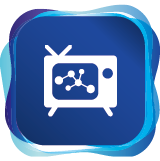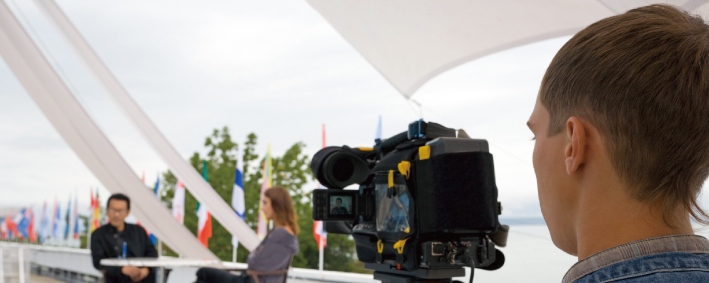 |
CCST9022 Science, Technology and Big Data
|
Course Description
Public understanding and perception of science and technology issues are heavily shaped by their depictions in the mass media. This course aims at helping students to understand what is science from the point of view of scientists, to become discerning and critical consumers of science and technology as depicted in the mass media, and to be able to critically understand how science and technology influence our daily life from multiple perspectives. In this course, we first introduce the scientific method (i.e. observations, hypothesis, prediction, experiment, and theory) and how it is applied in the real world through issues such as public/private funding sources, control samples, statistics, and press-release versus peer-reviewed publications. We then introduce elements of media criticism and how the media shape our view of the world.

Course Learning Outcomes
On completing the course, students will be able to:
- Define the scientific method and recognize how it is applied in the real world.
- Describe how the mass media shape our view of the modern world.
- Explain how the public understanding and perception of science and technology issues are shaped by the mass media.
- Critically appraise the depiction of science in the media and in popular culture: formulating opinions on facts depicted, seeing how it shapes our society.
Offer Semester and Day of Teaching
Second semester (Wed)
Study Load
| Activities | Number of hours |
| Lectures | 22 |
| Tutorials | 10 |
| Reading / Self-study | 60 |
| Assessment: Presentation (incl preparation) | 15 |
| Assessment: Case study | 12 |
| Assessment: Mini project | 15 |
| Assessment: In-class quiz (incl revision) | 10 |
| Total: | 144 |
Assessment: 100% coursework
| Assessment Tasks | Weighting |
| In-class quizzes | 30 |
| Individual mini project | 30 |
| Group presentation | 20 |
| Case study | 20 |
Required Reading
Selections from:
- Erickson, M. (2005). Science, culture and society: Understanding science in the twenty-first century. Cambridge, UK: Polity.
- Flexner, A., & Dijkgraaf, R. (2017). The usefulness of useless knowledge. Princeton, Princeton University Press.
- Goldacre, B. (2009). Bad science. London: Fourth Estate.
- McIntyre, L. (2015). Respecting truth: Willful ignorance in the Internet age. Oxfordshire, Routledge.
- Russell, N. (2010). Communicating science: Professional, popular, literary. Cambridge: Cambridge University Press.
- Silverstone, R. (1985). Framing science: The making of a BBC documentary. London: British Film Institute Publishing.
- Staddon, J. (2017) Scientific method: How science works, fails to work and pretends to work. London, New York: Routledge.
- Weitekamp, M. A. (2015). ‘We’re physicists’: Gender, genre and the image of scientists in the Big Bang Theory. Journal of popular television, 3(1), 75-92.
- Zimring, J. C. (2019). What science is and how it really works. Cambridge, Cambridge University Press.
Course Co-ordinator and Teacher(s)
| Course Co-ordinator | Contact |
| Professor H.F. Chau Department of Physics, Faculty of Science |
Tel: 2859 1925 Email: hfchau@hku.hk |
| Teacher(s) | Contact |
| Professor H.F. Chau Department of Physics, Faculty of Science |
Tel: 2859 1925 Email: hfchau@hku.hk |
| Dr J.S.C. Pun Department of Physics, Faculty of Science |
Tel: 2859 1962 Email: jcspun@hku.hk |

